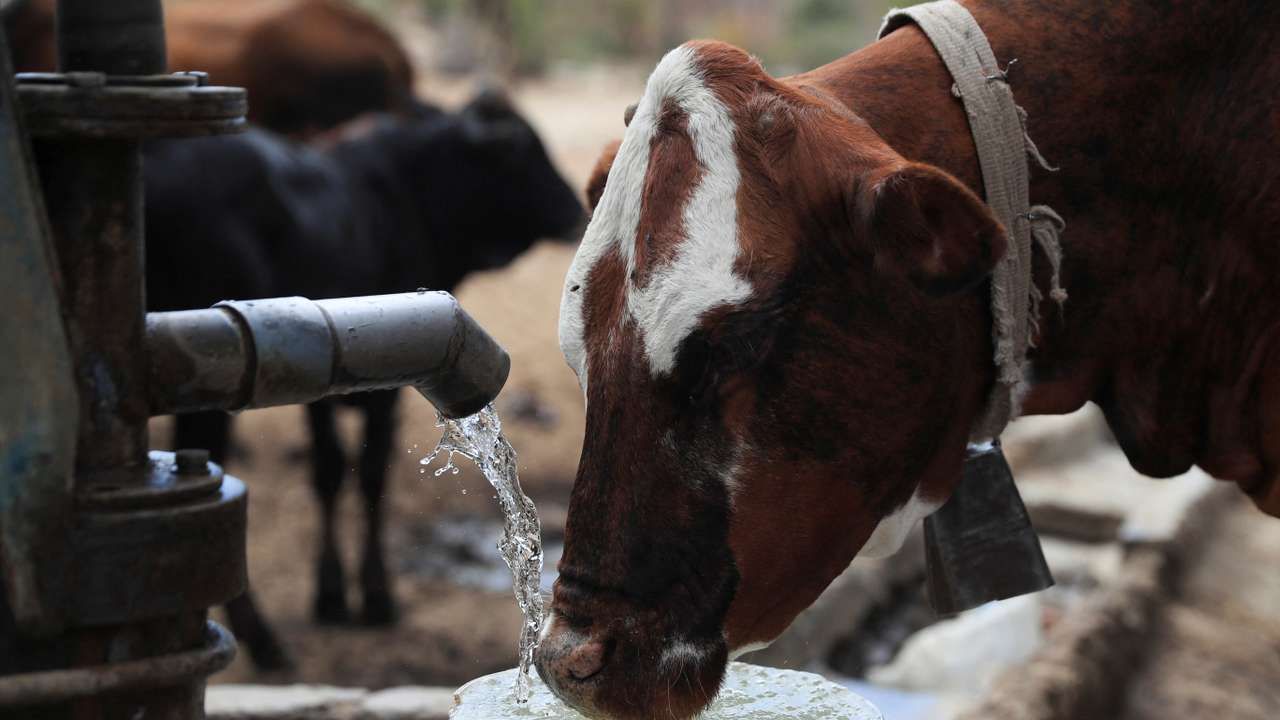Why Gambia is moving to legally control cross-border livestock migration

The Gambia’s National Assembly has unanimously adopted a report that could usher in sweeping reforms to control transhumance, the seasonal movement of livestock and herders.
Lawmakers say the practice has evolved from a centuries-old practice into a serious national crisis.
The report, tabled on July 3 by Omar Darboe, Upper Niumi, a co-chair of the Environment Committee, warned that unregulated livestock migration is driving environmental destruction, fueling land conflicts, and straining rural communities, Foroyaa reports.
“Both forests and grasslands in Gambia are increasingly under pressure from transhumance-related activities, such as cutting tree branches, uncontrolled use of water, farmland encroachment, and damage to planted seedlings,” Darboe told the Assembly.
He described alarming scenes of thousands of animals crossing into Gambian territory, particularly along the northern border with Senegal, resulting in overgrazed pastures and the loss of young saplings critical to climate restoration. “There are no formal agreements on migratory routes between The Gambia and Senegal,” Darboe said, adding, “Although discussions were held with the previous Senegalese government, concrete frameworks are still lacking.”
While transhumance has historically supported food security and trade, Darboe noted it is now being “abused due to unregulated movement and socio-economic pressures.” He cited climate change, erratic rainfall, and dwindling grazing resources in northern Senegal as primary drivers pushing herders into Gambia.
Beyond environmental damage, the report highlighted the introduction of invasive plant species transported by livestock. A study by scientists Lalisa Daguma and Peter Minang was cited, warning that these weeds “replace valuable forage species, further threatening biodiversity and agricultural sustainability.”
Darboe also drew attention to rising farmer-herder disputes, disease transmission among livestock, and a surge in rustling and illegal tree cutting, often carried out under cover of night to avoid detection.
This story is written and edited by the Global South World team, you can contact us here.